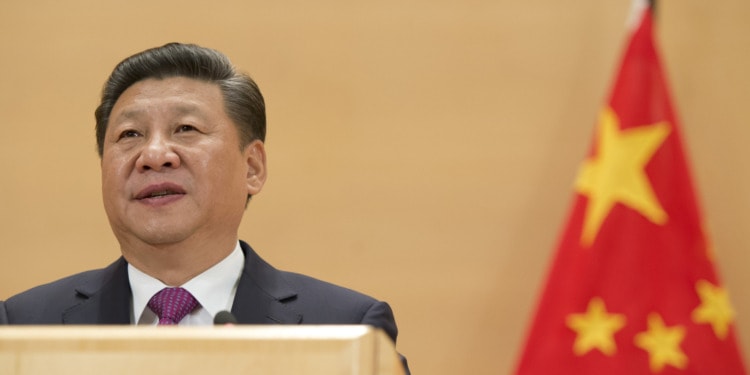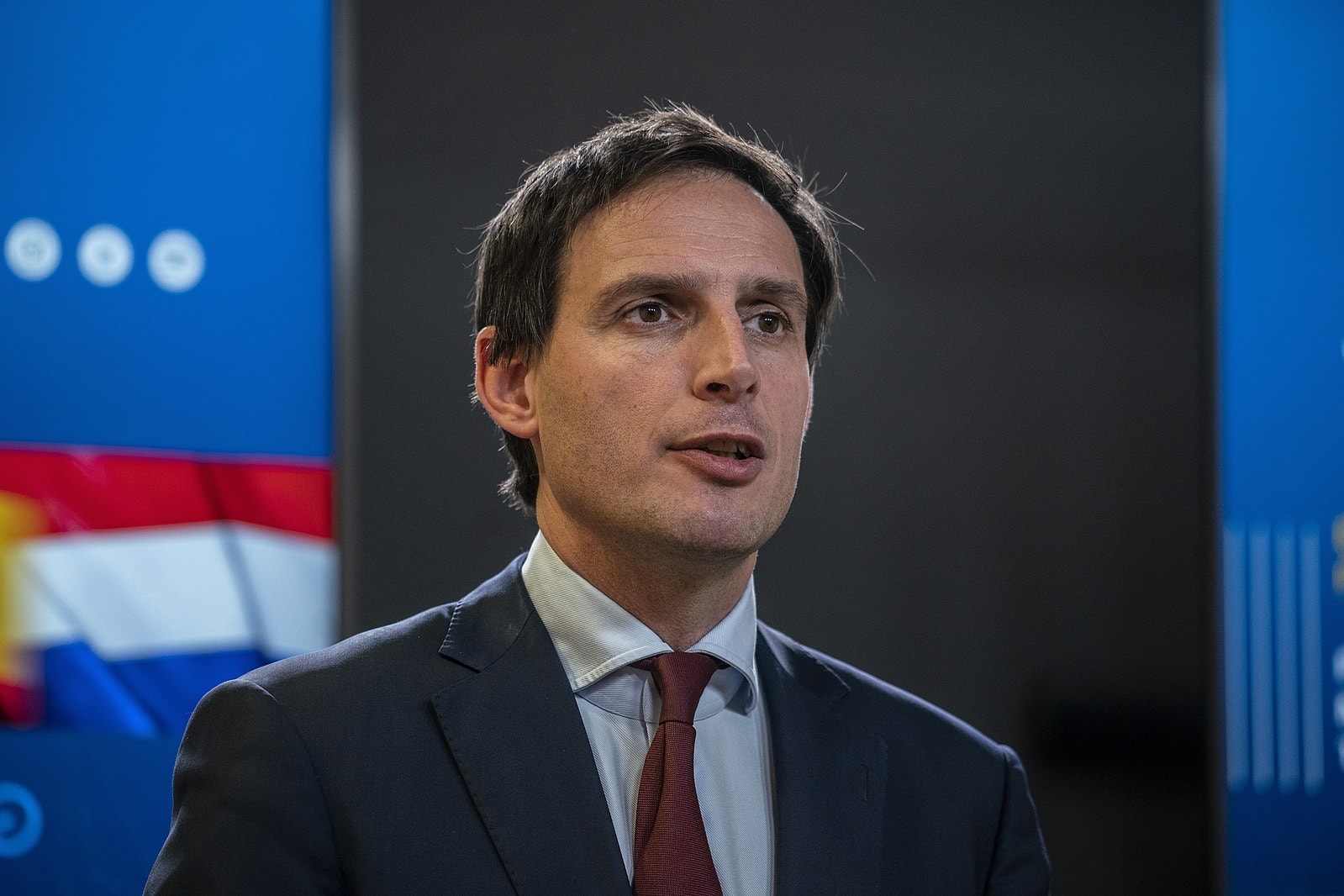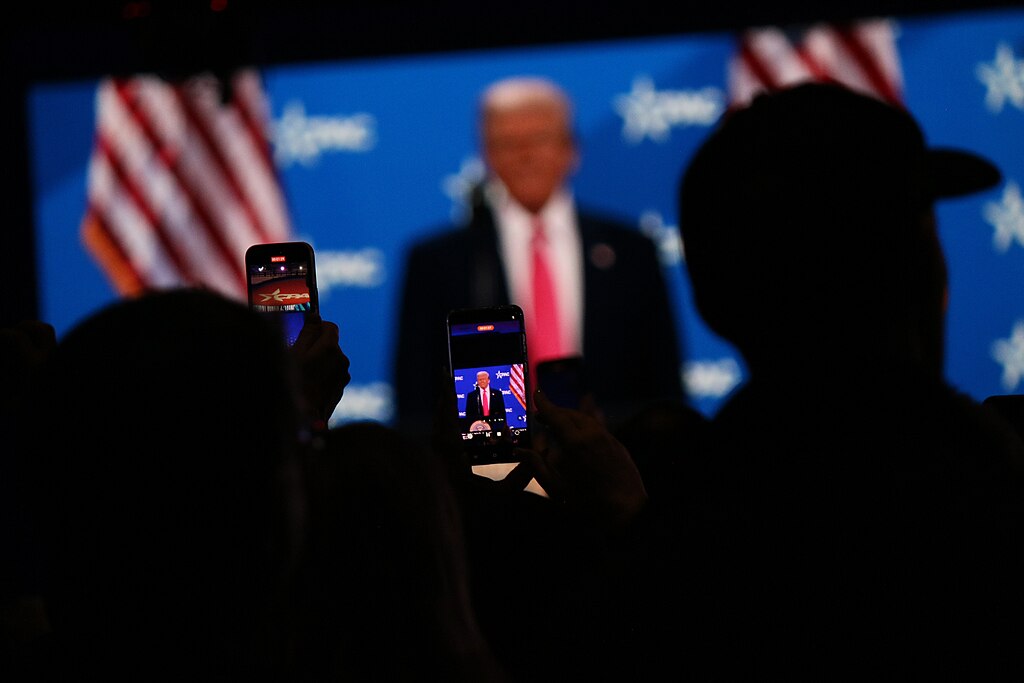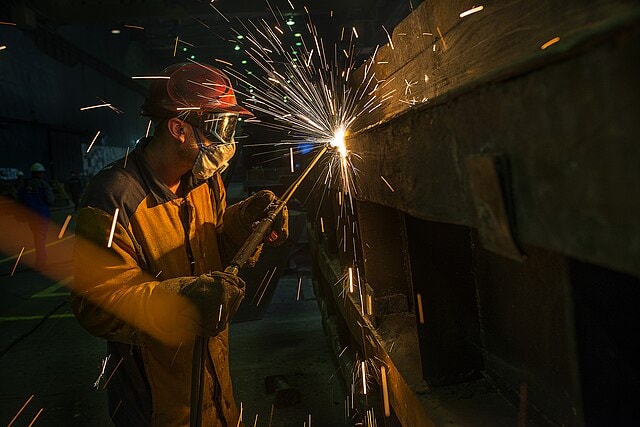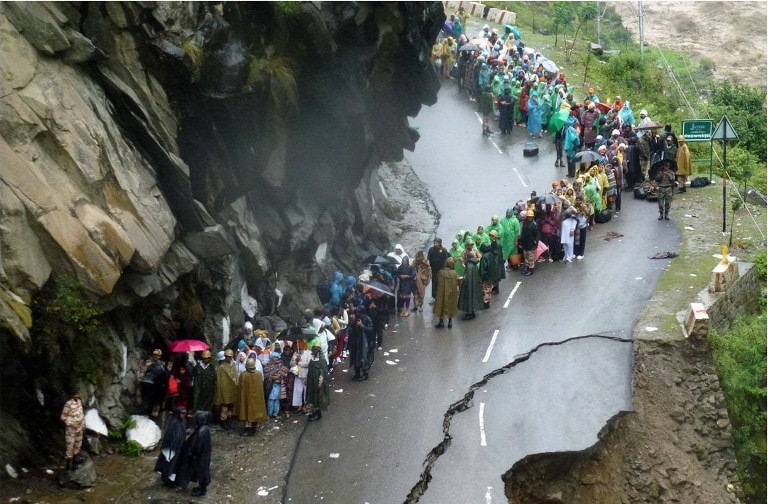On June 23-24, China will host the 14th BRICS Summit which analysts describe as an opportunity for Beijing to promote its vision for international relations, and its governance and development model, at a time of global instability.
Leaders of Brazil, Russia, India, China and South Africa (BRICS countries), including Russian President Vladimir Putin, will meet via video link to discuss issues of mutual concern as part of the Summit.
This year, the Summit’s theme aligns with and supports the idea of the World moving toward a new development era:
“Foster High-quality BRICS Partnership, Usher in a New Era for Global Development.”
“The global governance system and international landscape are evolving at an accelerated pace and the world economic recovery is fragile with widening gaps between the North and the South. As major emerging markets and developing countries, BRICS countries shoulder the historical mission of increasing the well-being of their peoples and promoting world peace and development,” write the BRICS Summit organizers on their website.
This year’s agenda covers a broad range of topics, but the Summit will focus in particular on three aspects: renewing multilateralism for global economic recovery, deepening coordination on climate action, and strengthening coordination on pandemics and public health.
Below the surface, however, former director at the ASEAN’s secretariat in Jakarta Phar Kim Beng says that Beijing has different plans for the Summit: To use it to “highlight and criticize the ubiquitous nature of American sanctions that are imposed on thousands of individuals and entities around the world.”
“Through BRICS, China continues to draw on its legacy of ‘always siding with the third world,’ as Deng Xiaoping famously said. So I expect they’ll use this as another chance to critique American economic sanctions and to try to say ‘stop it’,” Phar Kim Beng said.
And indeed, if the rhetoric used by the Chinese state media ahead of the Summit can help to predict what’s to come, Beng might be right. Over the last couple of days, Chinese state media have, according to Al Jazeera, glorified the BRICS for boosting “multilateral cooperation with non-Western styles, forms and principles,” stressing the importance of the bloc at a time when “the US (is) pulling its Western allies to ‘rebel’ against globalisation.”
In addition, China has refused to criticize Russia’s war in Ukraine or even to refer to it as an invasion while also condemning sanctions against Russia and accusing the West of provoking Moscow.
None of the other BRICS countries’ leaders have openly condemned Russia’s invasion of Ukraine either.
“BRICS is a kind of diplomatic counteroffensive by China to both the revival of NATO and the increase in Indo-Pacific mechanisms that are designed to keep its power in check,” Huang Yanzhong, a senior fellow for global health at the Council on Foreign Relations, told Al Jazeera. “Beijing is feeling increasingly isolated right now, as tensions with the US and its allies continue as a result of its tacit support for Russia’s invasion.”
For Putin, who will appear at a major forum for the first time since Russia invaded Ukraine on February 24, the BRICS Summit will help demonstrate that, despite the sanctions and alienation from the West, Russia isn’t alone either.
Instead, it is backed by countries that in 2021 together accounted for over 40% of the World population (3.23 billion people).
“We’re talking about some very major economies whose leadership is willing to be seen with Putin, even if it is only on a virtual platform. The fact that Putin is welcome, he’s not a pariah, he’s not being pushed out – and this is a normal engagement, which has taken place every year and it’s still taking place – that is a big plus for Putin,” said Center for Policy Research’s senior fellow Sushant Singh.
In addition, Russia might also benefit from the Summit by reaffirming its relationships with BRICS countries, it’s “reliable international partners” as Putin referred to them, as well as by gaining further support in condemning Western sanctions.
As President Putin said in his own video message ahead of Thursday’s summit, Russia was “redirecting” its trade flows to BRICS countries and other “reliable international partners,” according to a Kremlin transcript.
Vladimir Putin also criticized Western economic actions, saying that politically motivated sanctions and “mechanisms of exerting pressure on competitors” undermined global business and were “contrary to common sense and basic economic logic.”
Just days after the BRICS Summit in Bejing, leaders of the Group of Seven (G7) nations meet at the G7 Summit in the Bavarian Alps from 26 to 28 June to discuss current global issues. The G7 consists of Germany, France, the United Kingdom, Italy, Japan, Canada and the USA. The European Union is also represented at all G7 meetings and so was Russia, until it was expelled in 2014 following its annexation of Crimea.
Keep an eye on the Impakter website for more updates regarding the BRICS Summit.
Editor’s Note: The opinions expressed here by Impakter.com columnists are their own, not those of Impakter.com — In the Featured Photo: Xi Jinping President of the People’s Republic of China. Featured Photo Credit: UN Photo / Jean-Marc Ferré, via Flickr.com


